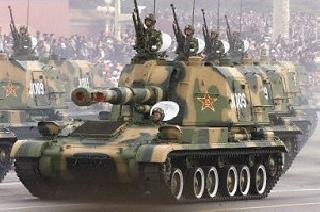
MELBOURNE (PTI): Australia's intelligence agencies believe China already poses a "credible threat" to militaries in the region and its armed force will present an even more "formidable challenge" as its modernisation continues, says a leaked US diplomatic cable.
A strategic assessment by the Australian intelligence agencies found that China's military spending for 2006 was 90 billion dollars -- double the 45 billion dollars announced publicly by Beijing, The Sydney Morning Herald reported Friday, quoting the American diplomatic cable released by the whistle-blower website WikiLeaks.
Australia's top intelligence agency, the Office of National Assessments, as well as the Defence Intelligence Organisation and the Defence and Foreign Affairs departments concluded that China was building a military capability well beyond its priorities of self-defence and preventing Taiwan's independence, the paper said.
"China's longer-term agenda is to develop 'comprehensive national power', including a strong military, that is in keeping with its view of itself as a great power," says a copy of the secret assessment provided by Australian Foreign Affairs officials to the US embassy in Canberra.
"We agree that the trend of China's military modernisation is beyond the scope of what would be required for a conflict over Taiwan," it says.
China views Taiwan as a rebel province that should be reunified with the mainland, even by force.
"Arguably China already poses a credible threat to modern militaries operating in the region and will present an even more formidable challenge as its modernisation continues," the Australian assessment says.
Details of the 2006 intelligence assessment are contained in a US embassy cable obtained by WikiLeaks and provided exclusively to the Herald, the paper said.
The Australian document goes on to warn that the pace of China's military build-up and "the opacity of Beijing's intentions and programmes" was "already altering the balance of power in Asia and could be a destabilising influence."
"There is the potential for possible misconceptions which could lead to a serious miscalculation or crisis," it says.
The Australian intelligence agencies suggest China could overestimate its own capabilities with a significant risk of strategic miscalculation and instability.
"The nature of the (Chinese People's Liberation Army) and the regime means that transparency will continue to be viewed as a potential vulnerability. This contributes to the likelihood of strategic misperceptions," the document says.
"The rapid improvements in PLA capabilities, coupled with a lack of operational experience and faith in asymmetric strategies, could lead to China overestimating its military capability.
"These factors, coupled with rising nationalism, heightened expectations of China's status, China's historical predilection for strategic deception, difficulties with Japan, and the Taiwan issue mean that miscalculations and minor events could quickly escalate," the document warns.
Although successive Australian governments have called on China to be more transparent about its military spending, ministers and diplomats have studiously avoided public reference to the scale of the discrepancy between Beijing's published figures and the likely reality behind the scenes, the Herald says.
The Australian estimate of a 2006 military budget of USD 70 billion (90 billion Australian dollars at the September 2006 exchange rate), has not been revealed previously - though it is consistent with academic and published US government estimates of China's growing military spending, it says.
The secret Australian assessment is also much sharper than the language later employed in the then Prime Minister Kevin Rudd-led government's 2009 Defence White Paper, which said China was on the way to becoming Asia's strongest military power "by a considerable margin" and warned that the pace and scope of its growth could give its neighbours cause for concern if not properly explained.
The Rudd government publicly played down reports of a hostile Chinese reaction to the White Paper when it was published, but secretly briefed the US that Beijing had threatened that Australia would "suffer the consequences" if references to China's growing military capabilities were not watered down.
The Australian Defence Chief, Air Chief Marshal Angus Houston, and the then Defence Minister, Joel Fitzgibbon, insisted that China had no problem with the white paper.
But other leaked US embassy cables report that the then deputy secretary for Defence, Mike Pezzullo, briefed US diplomats that he had been "dressed down" by Chinese officials who had a "look of cold fury" at the references to China in the White Paper.
 Previous Article
Previous Article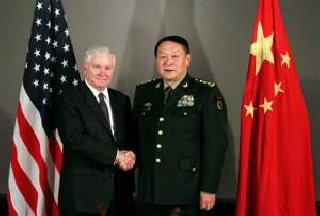 Next Article
Next Article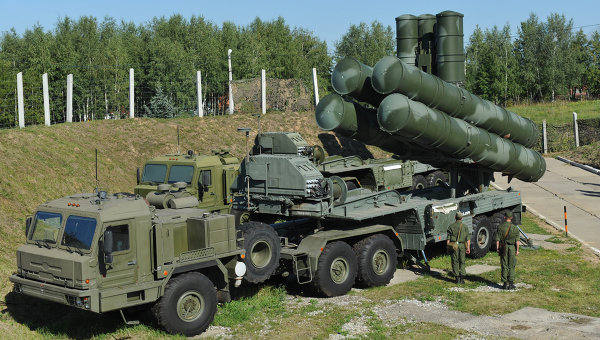
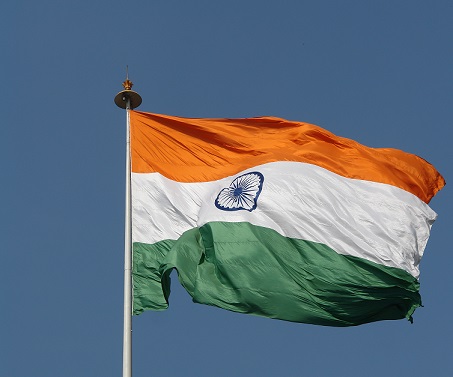




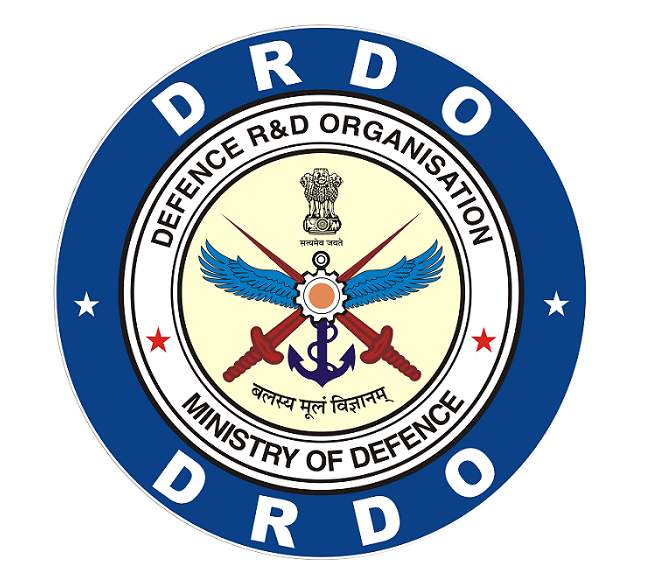
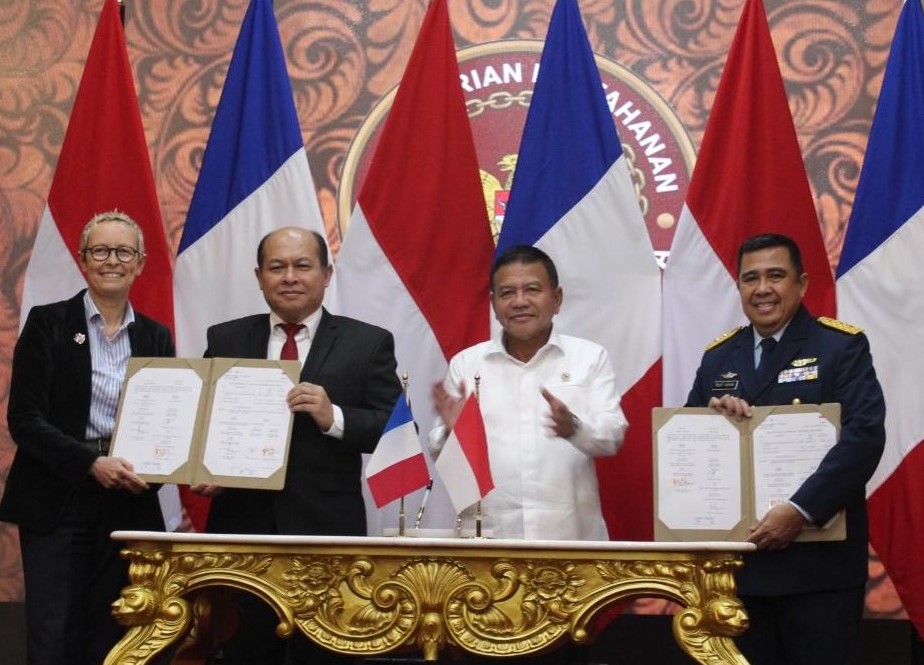
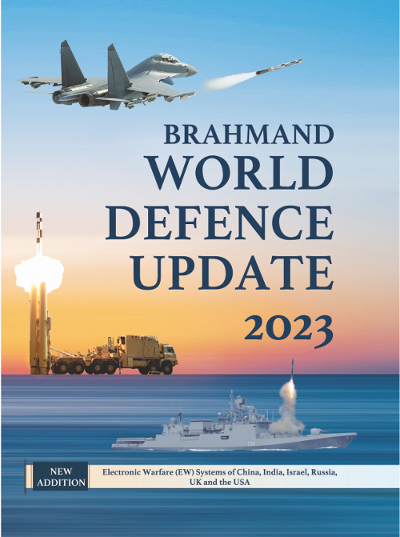




The Indian Air Force, in its flight trials evaluation report submitted before the Defence Ministry l..
view articleAn insight into the Medium Multi-Role Combat Aircraft competition...
view articleSky enthusiasts can now spot the International Space Station (ISS) commanded by Indian-American astr..
view article